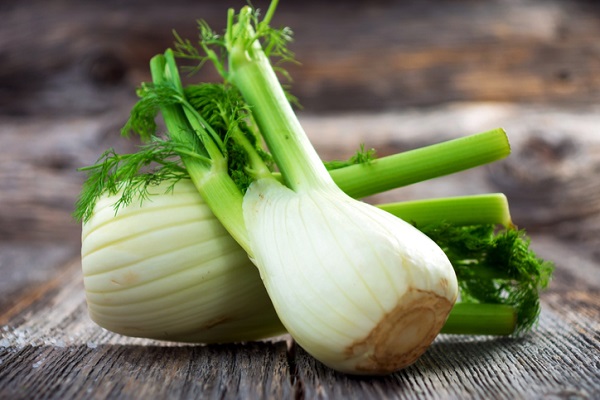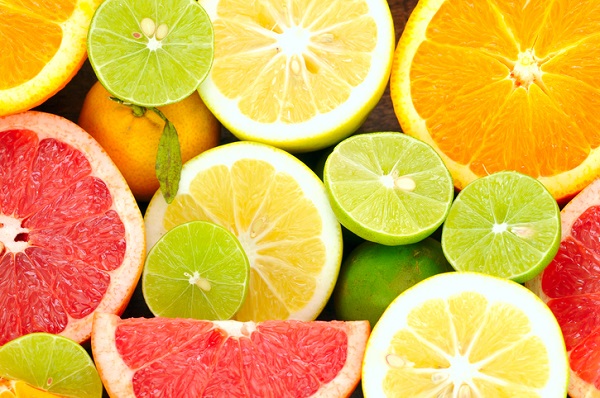
Good nutrition is crucial for a healthy lifestyle, and maintaining a good diet combined with exercise can help a person reduce their risk of developing diseases and illnesses. For those with the desire to help others live their healthiest lives, a career in nutrition might be the perfect fit.
If you’re considering this career path, you’ll come across different types of “superfoods”—foods that are high in nutrients and provide plenty of health benefits—during your training and beyond. Read on to learn about the benefits of several winter superfoods you might recommend to clients once you’ve earned your nutritionist diploma.
Carrots Improve Digestion and Help Combat Cold & Flu Germs
You’ve likely already heard that carrots are great for healthy eyes, but professionals with nutritionist training know that these bright orange veggies have tons of other health benefits, too! Not only do they contain vitamins C and K, but they’re also full of folate, iron, potassium and even fibre, which helps improve digestion.
Throughout your career, you may encounter clients who become susceptible to colds and the flu during the winter months. You may want to advise them to boost their carrot intake, since this winter superfood can help ward off the germs that cause common winter illnesses.
Clients Can Beat Winter Bloating with Fennel and Celeriac
Whatever path you take after graduation—whether you choose to work in a gym or fitness facility, become a health coach or a consultant, or even work in a natural health store—you’ll likely encounter clients seeking ways to reduce winter bloating. Some winter superfoods you might recommend for this include celeriac and fennel.

Help clients reduce bloating by recommending foods you’ll learn about in nutritionist training
A lesser-known root vegetable, celeriac is great for reducing bloating. Not only is it low in calories but it also has high water composition, as well as high amounts of dietary fibre to assist in maintaining a healthy digestive system.
Fennel, another important superfood, contains tons of antioxidants and anti-inflammatory properties. Plus, it’s chock-full of fibre and potassium and has vitamin C, calcium, and iron. From promoting good bone and heart health to lowering blood pressure and improving digestion, fennel will help your clients feel less bloated, while also providing them a variety of other health benefits.
Recommend Replacing Supplements with Winter Fruits
You’ll learn all about the different types of supplements in health and sport training. Vitamin C supplements, for example, are among the most popular nutritional aids that people consume regularly, and it’s not surprising why. Vitamin C has been known to lower the risk of heart disease, boost the immune system, prevent iron deficiencies, and can even prevent the skin from wrinkling—it’s no wonder this vitamin is so popular. While vitamin C supplements are sometimes needed, depending on each client’s specific case, you may suggest clients boost their fruit intake, instead.

Advise clients to consume citrus fruits after completing your nutritionist courses
Plenty of citrus fruits, which can be found easily during winter, contain high amounts of vitamin C, including oranges, clementines, lemons, limes, and grapefruits. Citrus fruits make for delicious snacks and are quite versatile, since they can even be used to infuse plain water. Graduates of a nutritionist program know that citrus fruits help the body absorb iron from other foods. Lemons can also help treat dry skin, revitalize hair and nails, and can enhance the metabolism, while oranges can help lower inflammation and reduce blood pressure.
Advise Clients to Cut Winter Cravings with Chia Seeds
These tiny seeds are ultra nutritious and deliver tons of health benefits. You’ll want to keep them in mind when making diet recommendations to your future clients. Chia seeds are a source of omega-3 fatty acids and they contain fibre, antioxidants, iron, and calcium. They may not look like it, but these small seeds pack more than 5 grams of protein in a single ounce and they’re low in calories—which is great for clients trying to build muscle and burn fat. What’s more, chia seeds are an incredibly easy food for clients to incorporate into their diet, since they can be eaten raw or added to just about anything from juice to smoothies to baked goods and beyond.
While these are just a few superfoods you may advise future clients to include into their diets, a nutrition training program will provide you with the knowledge and skills you need to make other important dietary and fitness recommendations when you begin your career.
Are you ready to work towards earning your diploma in nutrition?
Visit AAPS to learn how you can get started.



